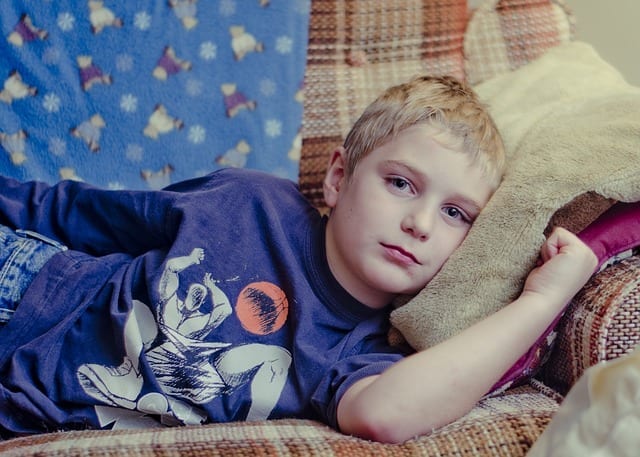Meningitis is the name for an infection of the protective membranes surrounding the brain and spinal cord, known as the meninges. Meningitis causes these membranes to become inflamed, which can result in serious damage to the central nervous system.
The disease is very serious with a high mortality rate, especially if the infection is not identified and treated promptly. There are various different types of meningitis, including viral, bacterial and fungal, and correctly recognizing the types of infection so the right treatment can be provided is essential.
The disease can be particularly serious in children and even among those who survive, many are left with long-term health consequences.
Long-term effects of meningitis
Research suggests that around a third of children who survive meningitis are left with complications including mental health problems, learning difficulties and epilepsy. Long-term and short-term memory can also be affected while some children are left with a borderline low IQ.
Meanwhile around a fifth of childhood meningitis survivors will experience anxiety or behavioral disorders. Survivors are five times more likely to have speech and communication issues, as well as significant hearing impairment. 2.4% of survivors have bilateral hearing loss, leading to the need for a cochlear implant.
Children who survive meningitis often have to live with several of these issues, meaning it is essential that they get the support and assistance they need, both in education and in their daily lives.
How to recognize meningitis
Meningitis can be difficult to spot, especially in very young children. The following are some of the common symptoms parents can look out for, but it is important to note that not all of these symptoms will necessarily be present in every case.
Common symptoms of meningitis:
- A temperature of 38C or above
- Vomiting
- Headache
- A red, blotchy rash that does not face when a glass is rolled over it
- A stiff neck
- Sensitivity to bright lights
- Drowsiness or unresponsiveness
- Seizures
If you suspect your child may have meningitis, it is essential to seek medical attention immediately as swift treatment is likely to make a huge difference to the outcome.
Ensure your child gets the help they need to cope with the long-term effects of meningitis
Children living with the consequences of meningitis often need extra care and support, for example from mental health workers, speech and language therapists and occupational therapists. They may also need specialist equipment to help them communicate or deal with other issues they experience.
While some support is available on the NHS, other services and equipment may need to be funded privately, so parents need to look at all of their options for funding the help their child needs.
Because prompt diagnosis of meningitis and accurate identification of the type of infection are so important, a misdiagnosis or late diagnosis can have devastating consequences. Depending on the circumstances, it may also amount to medical negligence.
Where this is the case, it may be possible to claim medical negligence compensation. This can provide the money you need to give your child the best possible quality of life. IBB Claims’ expert medical negligence solicitors can advise you on the strength of your claim, including how much compensation you may be able to secure, and guide you through the entire process of making a meningitis misdiagnosis claim.











